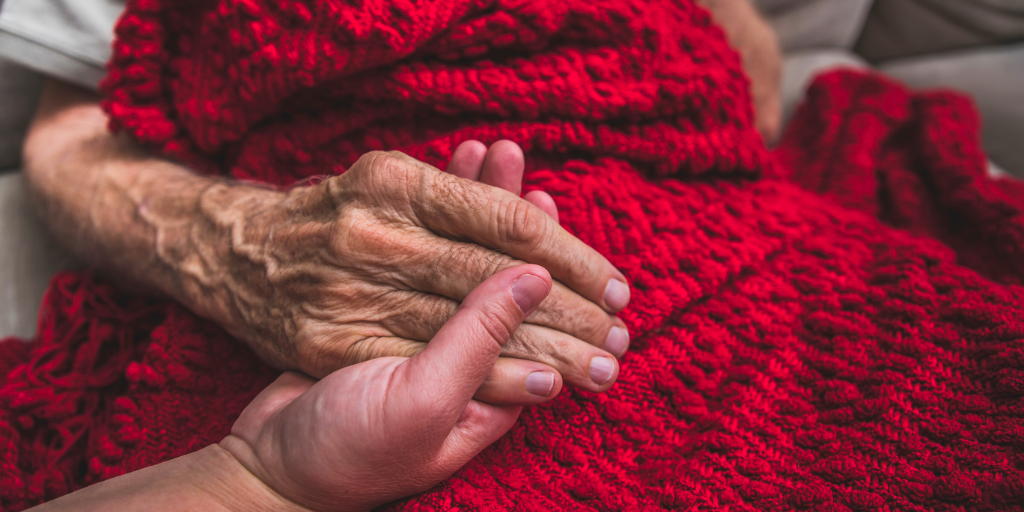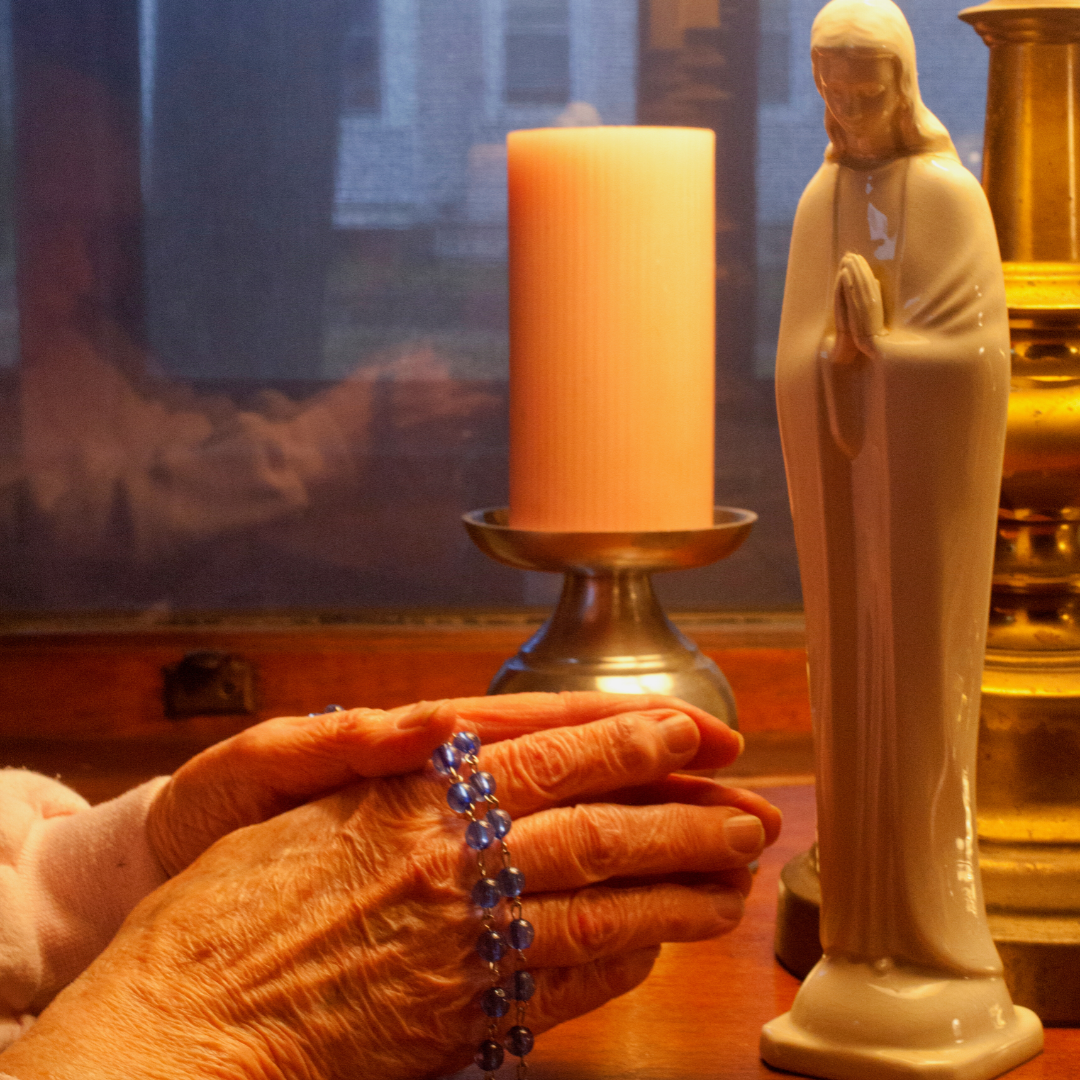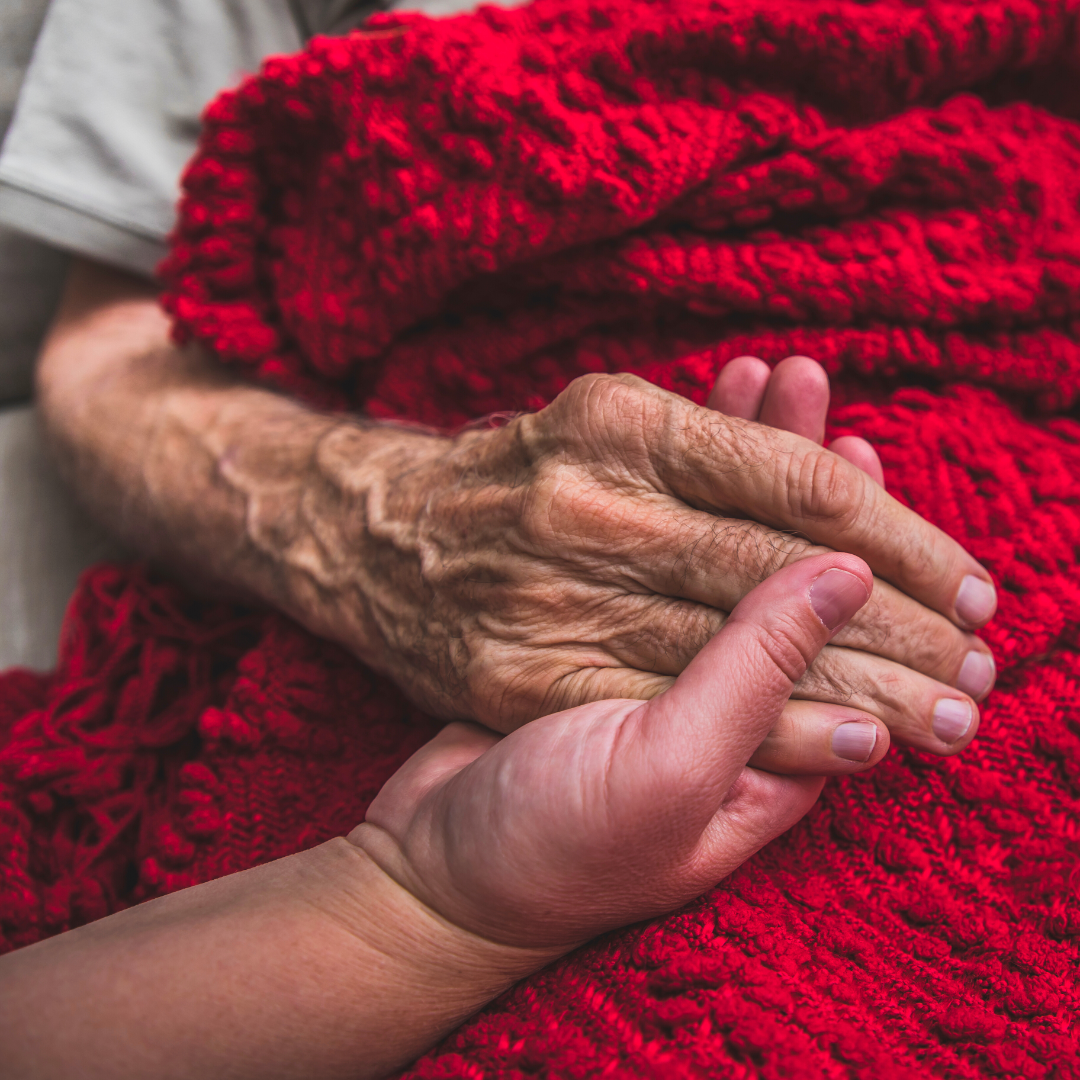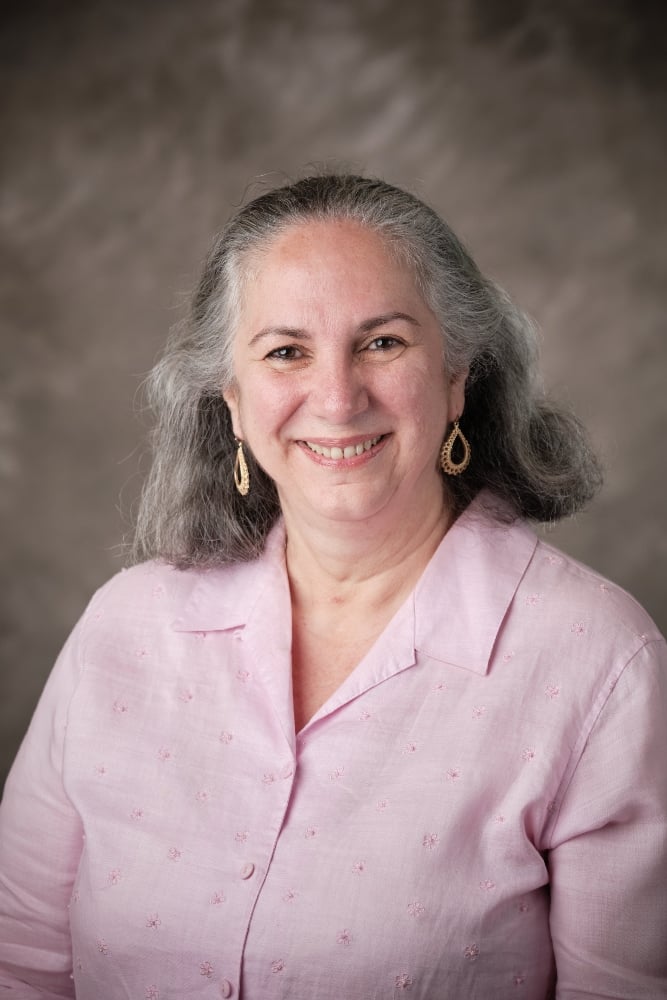
Maria Morera Johnson discusses the lessons we will learn as we accompany our parents through their final days.
I’ve recently had a series of conversations with dear friends who’ve lost a parent. We’ve entered the season of our lives where we acknowledge there are fewer years ahead of us than behind us. Even though it sounds dramatic, we’re quite at peace with it. I don’t think any of us are headed to rockers on the front porch with a blanket in our laps quite yet, but it does give us pause. We are ushering our parents into their final years and see ourselves in their place sooner than we’d like to ponder.
The lessons we are learning will inform our own deaths, and what we’ve seen and heard, and otherwise experienced, in turn will inform our own children or loved ones who will care for us.
There is great beauty in this cycle if we allow ourselves to see it, even in the midst of our sorrow and pain at losing the ones who knew us intimately from our first moment of creation.
For many of us, there is great consolation in our faith, and our understanding of the graces that will pour out upon our loved one as well as ourselves as we tend to the final moments for our parents.
The dying should be given attention and care to help them live their last moments in dignity and peace. They will be helped by the prayer of their relatives, who must see to it that the [sick] receive at the proper time the sacraments that prepare them to meet the living God. (CCC2299)
And so we spend our days in preparation to say our last goodbyes, to assure our loved ones of our love and attention, and to help prepare them for their last moments on this earth. How do we get through this if not with the conviction of faith, and the grace from heaven to fulfill our duty to them?
We do this because the “confidence of Christians is the resurrection of the dead; believing this we live." (CCC 991) We will all be reunited in heaven one day if God wills it so.

But there are many practical concerns we must attend to when the time comes. Hospice care when available, whether in a facility or at home helps to contribute to a setting of dignity and care. Our attention turns to providing comfort, physically through palliative care, and spiritually through prayer and the sacraments as they are possible.
Our hope, as Christians, is for a peaceful death for our loved ones.
Click to tweet:
Our hope, as Christians, is for a peaceful death for our loved ones. #catholicmom
When it is all over, we are then left with our grief, and a period of mourning that is as unique as we are unique. Some of us grieve deeply and for a prolonged period, and others are quickly consoled by memories and gratitude for our loved one’s life, and seamlessly move back into the business of living our lives. I think most of us have an experience that is somewhere between those two ends of the spectrum. Regardless of where we fall in this season of mourning, we can be consoled in the teachings of our faith:
The Christian vision of death receives privileged expression in the liturgy of the Church. Lord, for your faithful people life is changed, not ended. When the body of our earthly dwelling lies in death we gain an everlasting dwelling place in heaven. (CCC 1012)
It is beautiful to be present to our parents in this act of love for them, but it is also a remarkable gift from them, for us to be given one last lesson in living.

Copyright 2022 Maria Morera Johnson
Images: Canva
About the Author

Maria Morera Johnson
Maria Morera Johnson, author of My Badass Book of Saints, Super Girls and Halo, and Our Lady of Charity: How a Cuban Devotion to Mary Helped Me Grow in Faith and Love writes about all the things that she loves. A cradle Catholic, she struggles with living in the world but not being of it, and blogs about those successes and failures, too.


.png?width=1806&height=731&name=CatholicMom_hcfm_logo1_pos_871c_2728c%20(002).png)
Comments